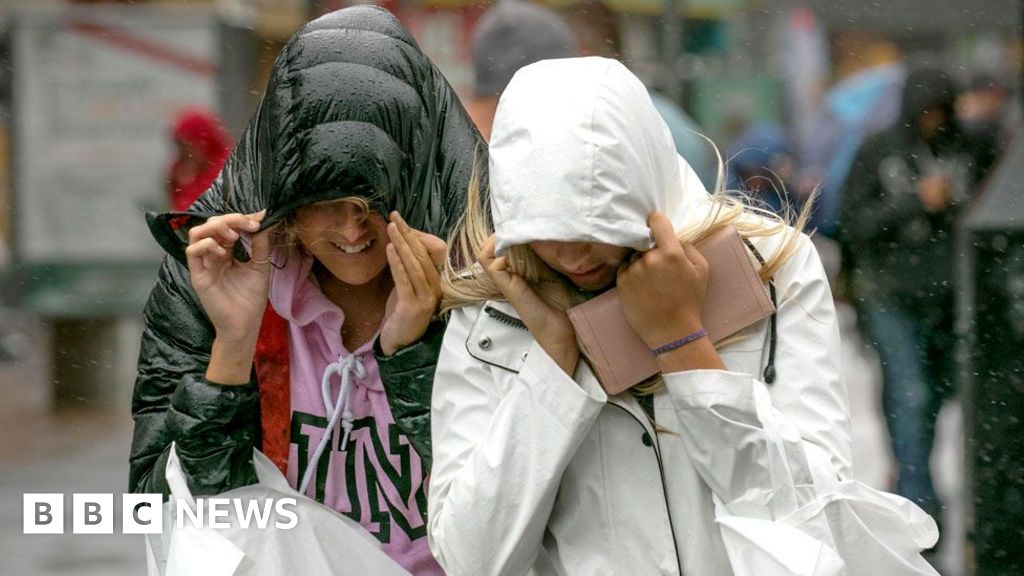It took Crystal Strickland years to qualify for Medicaid, which she needs for a heart condition.
Strickland, who's unable to work due to her condition, chafed when she learned that the U.S. House has passed a bill that would impose a work requirement for many able-bodied people to get health insurance coverage through the low-cost, government-run plan for lower-income people.
''What sense does that make?'' she asked. ''What about the people who can't work but can't afford a doctor?''
The measure is part of the version of President Donald Trump's ''Big Beautiful'' bill that cleared the House last month and is now up for consideration in the Senate. Trump is seeking to have it passed by July 4.
The bill as it stands would cut taxes and government spending — and also upend portions of the nation's social safety net.
For proponents, the ideas behind the work requirement are simple: Crack down on fraud and stand on the principle that taxpayer-provided health coverage isn't for those who can work but aren't. The measure includes exceptions for those who are under 19 or over 64, those with disabilities, pregnant women, main caregivers for young children, people recently released from prisons or jails — or during certain emergencies. It would apply only to adults who receive Medicaid through expansions that 40 states chose to undertake as part of the 2010 health insurance overhaul.
Many details of how the changes would work would be developed later, leaving several unknowns and causing anxiety among recipients who worry that their illnesses might not be enough to exempt them.
Advocates and sick and disabled enrollees worry — based largely on their past experience — that even those who might be exempted from work requirements under the law could still lose benefits because of increased or hard-to-meet paperwork mandates.









 English (US) ·
English (US) ·